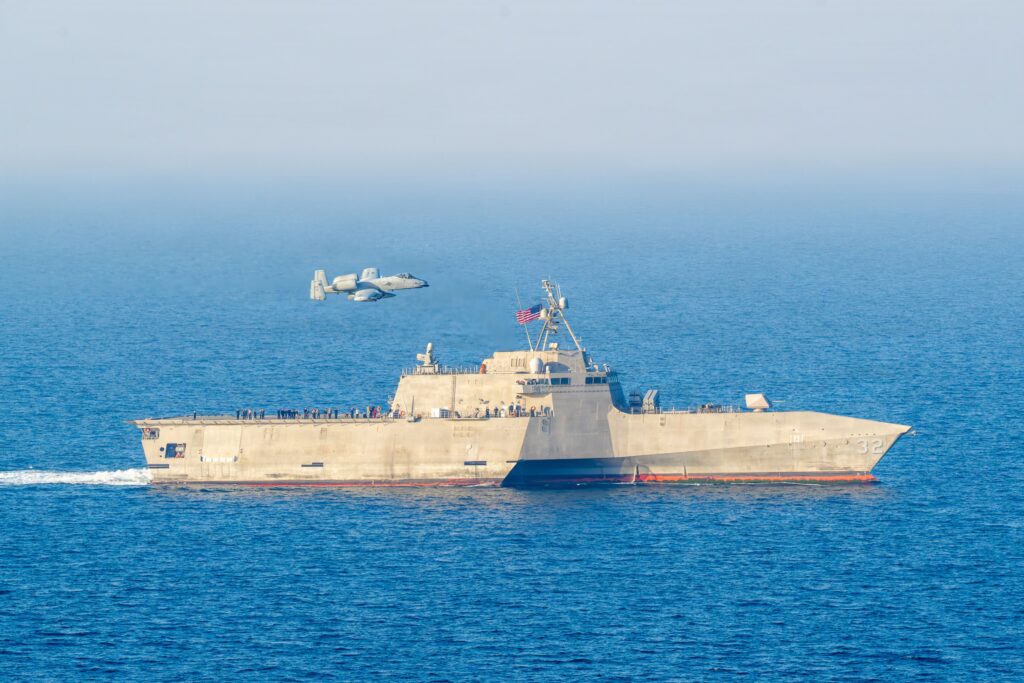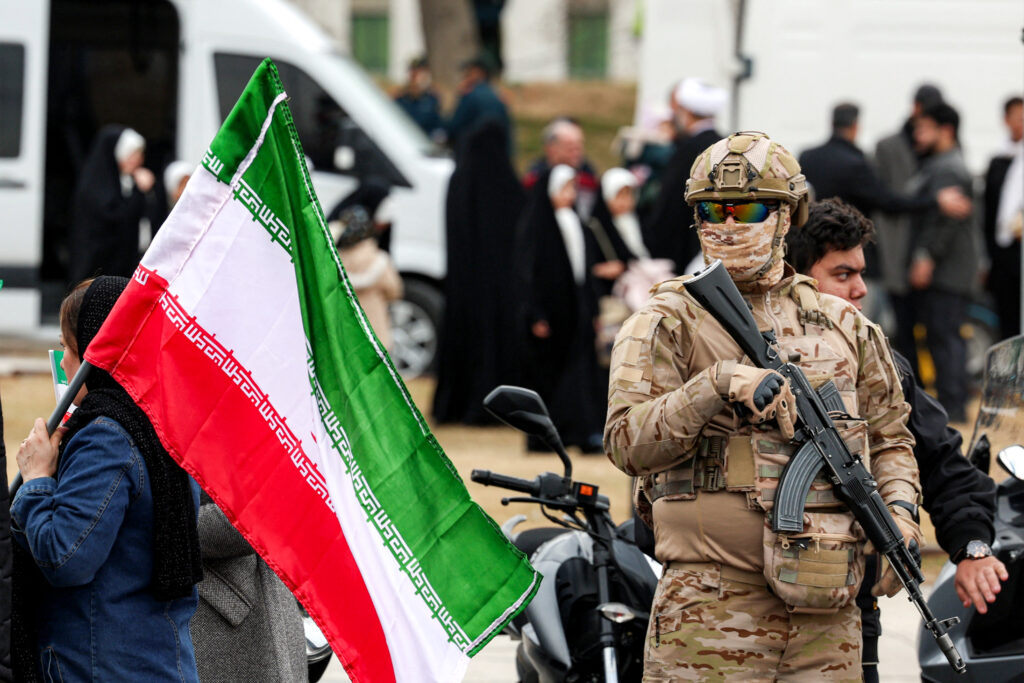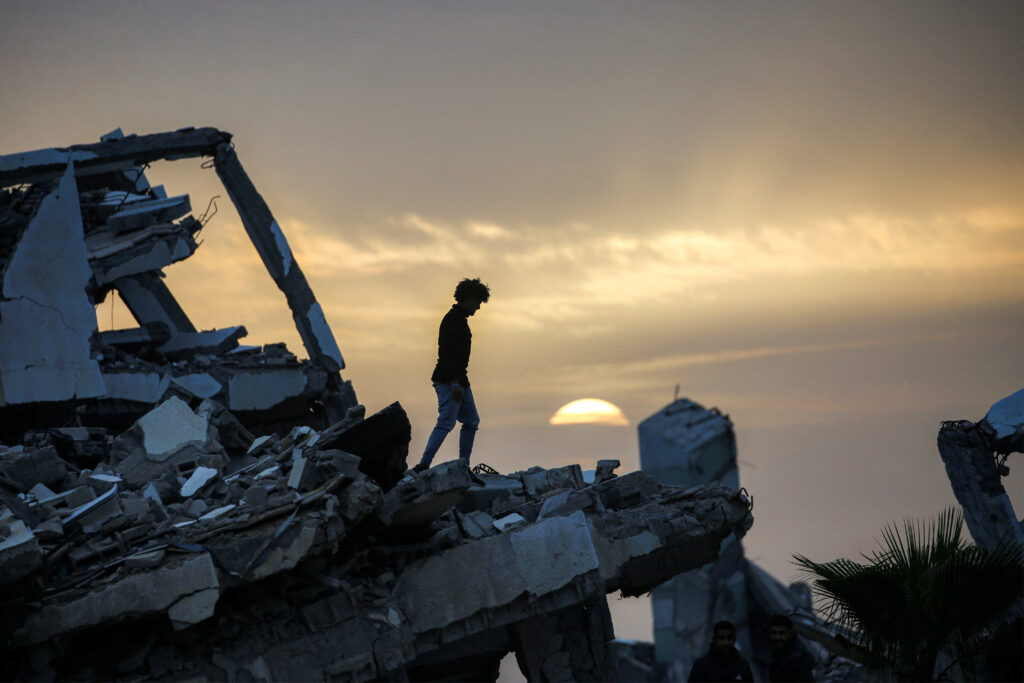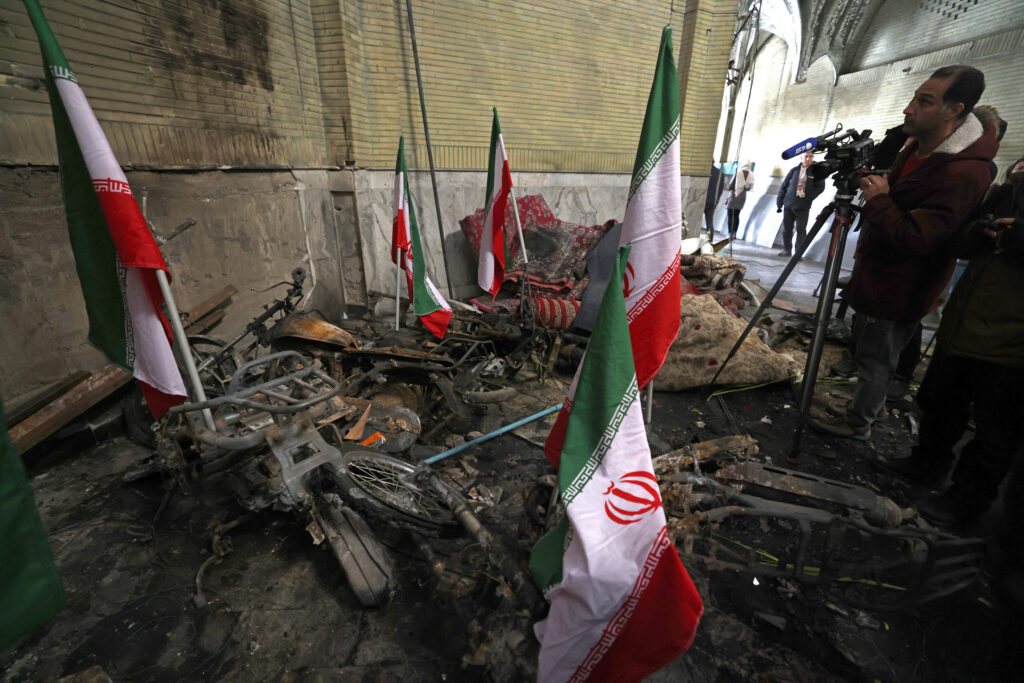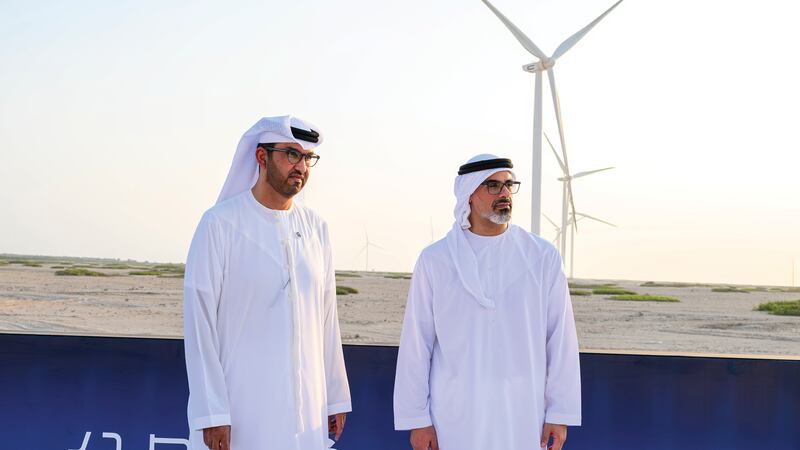Spate of Killings Raises Troubling New Conundrums for Israel
- -
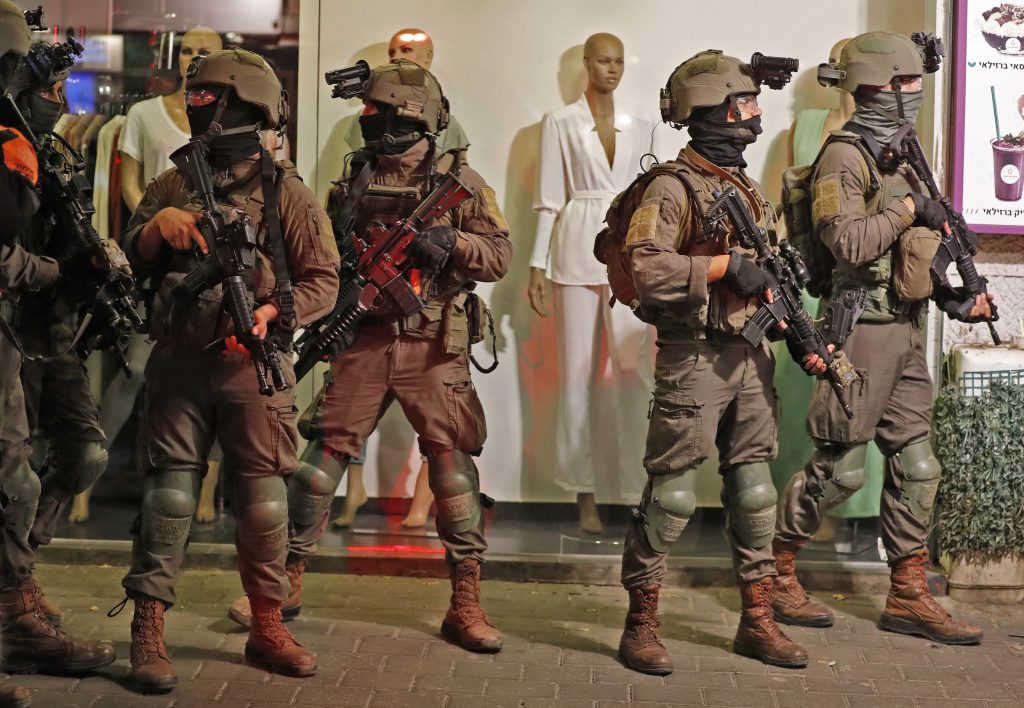
By Jean-Loup Samaan, Senior Research Fellow, MEI-NUS
In the past month, terror returned to Israel as a series of four attacks killed 14 people. For Israel’s government and its citizens, it was a painful reminder of an existential fear that had seemingly faded recently – that daily life, whether in the Jewish Orthodox quarters of Bnei Brak or the vibrant, cosmopolitan streets of Tel Aviv, could be threatened at any moment.
That the recent attacks do not follow an obvious pattern added to Israeli concerns. All took place in major cities: Beersheba on 22 March, Hadera on 27 March, Bnei Brak two days later, and Tel Aviv on 7 April. The attacks involved lone gunmen (or a team of two, in the case of Hadera) with very limited planning. The terrorists did not fall into one single category: Three were Arab Israeli citizens who had pledged allegiance to the Islamic State, while those behind the attacks in Bnei Brak and Tel Aviv were Palestinians from Jenin in the West Bank who had loose connections to local armed organisations.
The spasm of violence forced the government of Naftali Bennett to refocus its efforts on domestic security issues. This was a significant shift after months marked by a focus on foreign policy ambitions, whether as a potential mediator in the Russia-Ukraine war, or as the convener of the historic Negev Summit in late March that gathered four Arab states – the UAE, Bahrain, Egypt, and Morocco – as well as the United States.
The attackers in Bnei Brak and Tel Aviv crossed the West Bank into Israel through gaps in the country’s security barrier, leading the government to approve funding to the tune of USS$90 million to upgrade the northern section of the fence (mostly around Jenin).
After the Tel Aviv attack, the Israel Defense Forces (IDF) also launched a raid in Jenin. The northern region of the West Bank has been a security issue for years as the Palestinian Authority of Mahmoud Abbas lost influence to Islamist rivals, particularly the Palestinian Islamic Jihad. It is telling that although Mr Abbas publicly condemned the attacks, his governor in Jenin, Akram Rajoub, refused to do so.
In a country that has experienced five wars in the past 15 years, it may come as a surprise that low-intensity attacks which have so far killed 14 people would trigger such anxiety. But the wars of the last two decades were launched from outside Israel, and involved rockets fired from Gaza or Lebanon. Thanks partly to their robust air defence systems, in particular the now-famous Iron Dome, the IDF was able to prevent severe damage or loss of life from the Hamas or Hizballah rocket barrages, giving Israelis a sense of security.
Now, however, there are fears that the latest attacks are not isolated acts, but a prelude to a new conflict that would look less like last year’s war against Hamas and more like the dark days of the Second Intifada, when suicide bombers targeted buses and cafes on Israeli streets, killing hundreds.
These fears are not groundless. The recent attacks might not have been the result of a specific plan orchestrated by Palestinian organisations or global terror networks, but they took place at a time of greater cooperation between Hamas (which controls the Gaza Strip), Islamic Jihad, Lebanese Hizballah, and Iran. Hamas may not have claimed responsibility for these attacks, but its leadership praised them. This is in line with the group’s campaign to incite Palestinians from the West Bank to wage operations against Israel. In Lebanon, Hizballah has also encouraged such attacks. The movement supported Hamas’ war against Israel in 2021 by launching its own rockets on the country.
This strategy of incitement aims at building a common front between Gaza, the West Bank, and South Lebanon. For Hamas, it serves its objective to outflank the Palestinian Authority within its West Bank stronghold, and position itself as the uncontested voice of the Palestinians. For Iran, which provided armament and military training to all these extremist groups, such a common front strengthens its coercive power vis-a-vis Israel, especially as both countries wage a shadow war with each other in Syria.
Together, these security developments leave the Israeli government needing to achieve a delicate balance: Preventing future attacks by cracking down on networks based either inside Israel or the Palestinian territories without getting trapped into a new cycle of violence. The ongoing operations in Jenin could easily spiral out of control, and Hamas or Islamic Jihad could use the opportunity to fire rockets at Israel in order to claim leadership of the Palestinian cause. After all, this is how the 2021 war between Hamas and the IDF started: Hamas fired rockets from Gaza in response to the Israeli police’s mishandling of Palestinian protests in East Jerusalem.
Another, perhaps more worrisome, issue raised by the recent spate of attacks relates to the status of Israeli Arabs. The fact that three of the terrorists behind the recent attacks were “home-grown” – Israeli Arabs born and raised in the country – is reviving the delicate issue of the relationship between Jews and Arabs within the country. Paradoxically, this comes as the government in Jerusalem includes, for the first time in the country’s history, an Arab Israeli Party.
As if this was not complex enough, the security crisis has erupted in the middle of a political one. Prime Minister Naftali Bennett came to power last year by assembling a wide coalition that included Islamists as well as far-right nationalists. The alliance had nothing in common except a desire to oust former premier Benjamin Netanyahu. As part of the deal, Mr Bennett agreed to rotate the position of prime minister with Yair Lapid, who is currently Foreign Minister. The changeover is set to happen next year.
The whole arrangement was shaky by design, and it is therefore unsurprising that it did not last even a year. On 3 April, Idit Sliman, the coalition’s chairman and a member of Mr Bennett’s party, announced her decision to leave the grouping and join the opposition after accusing the government of undermining “the Jewish identity of the State of Israel”. The erosion of Mr Bennett’s majority in Parliament may not automatically lead to new elections – several other scenarios may unfold, such as Mr Lapid taking over the premiership earlier.
But whatever happens, it will not allow Mr Bennett, or his successor, much leeway to address the terrorism challenge. Decision-makers are therefore likely to favour a quick and limited military intervention to deter future attacks, instead of considering more delicate issues related to the radicalisation of the West Bank – already, clashes between Palestinian militants and Israeli troops are occurring there daily as a result of IDF raids. In other words, Israel’s actions will only exacerbate its tendency to opt for short-term solutions to deep-rooted challenges.
Image caption: Security forces gather at the scene of a shooting attack in Dizengoff Street in Tel Aviv on 7 April 2022 – it was the latest incident among a surge of violence in Israel and the West Bank since late March. Photo by Ahmad Gharabli / AFP.
About the Author
Dr Jean-Loup Samaan is a Senior Research Fellow specialising in Middle East strategic affairs, with a particular focus on Israel–Hizballah conflict and the evolution of the Gulf security system. Prior to joining MEI, he held various positions in the policy sector. He worked as a visiting scholar with the RAND Corporation (2007-2008) and as an advisor at the directorate for strategic affairs of the French Ministry of Defense (2008-2011). He then gained extensive experience in the domain of military education and training, first as a deputy director for the Middle East Faculty of the NATO Defense College (2011-2016) and as an associate professor in strategic studies with the UAE National Defense College (2016-2021).
Dr Samaan has written four books as well as various articles for academic and policy journals. He holds a PhD in political science from University of Paris La Sorbonne (2009) and an accreditation to supervise research (2017) by the doctoral school of Sciences Po, Paris.


